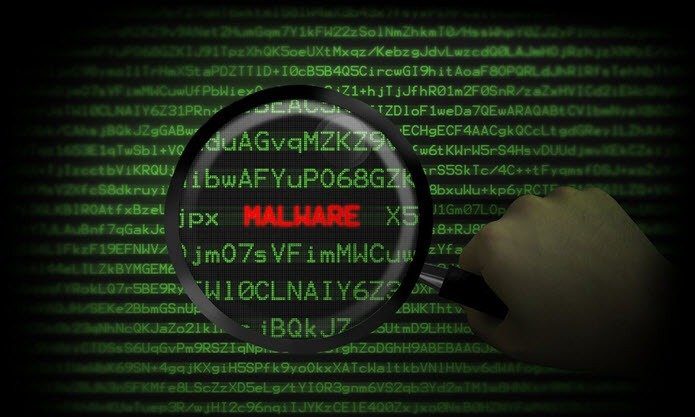That is just one of the many examples of phishing attempts that hackers and other cybercriminals carry out when trying to obtain personally identifiable or sensitive information from unsuspecting people. Phishing attacks are common, but there’s a more targeted type known as Spear Phishing. We’re going to explain what is, how it operates, and how you can prevent such an attack.
What Is Spear Phishing
Generally, phishing comes in various forms, including spoofed social media messages or scam emails, and so on, with a link to a bogus website laced with malicious code and several threats. The attacker’s main aim is to get you to click the link and type out your details for them to steal or download malware altogether. These days though, phishing attempts are more sophisticated as the sites laced with malware, and other threats look and work almost the same way the real sites you visit. Spear phishing is one of these sophisticated yet highly targeted attacks directed at certain companies or individuals. The attackers gather sensitive and personal information about their targets, which increased the likelihood of succeeding in their plan. Yes, it’s very easy for high-ranking people and executives in large companies to fall victim to such attacks, thereby giving access to the company’s funds or network.
How Spear Phishing Works
Spear phishing is different from other forms of phishing because, in this case, the perpetrator already has some first-hand information about the target right before they attack. The fraudsters pose as trusted parties and lure you into sharing your personal or sensitive information with them. It isn’t that hard for someone to uncover information about you online, especially from social media. With your details in hand, for example, your residential or tax information or workplace details, the perpetrators will try to get you to trust them and see how far they can go with the scam. The fact that the information they use appears legit, you’re more likely to download any attachments or click on any links they’ve sent you. Some of these links lead to fake sites that request a password or is laced with malware and trackers. Other such attempts may ask you to send money, key in your banking or credit card details, or your social security number. When spear phishing fraudsters target individuals, they tend to pose as people you trust, telling you that you owe some money, have unpaid dues, or your account will soon be closed/frozen. They can also offer some lucrative deals to get you to click or download something. Spear phishing attacks meted on businesses are also highly targeted and usually aim at mailboxes. The scammer poses as an executive from the company and requests an employee to wire some funds to the fraudster’s account. Sometimes, the clicked links or downloaded attachments can open up your devices, giving the attackers remote system access that helps them steal your information, or disables your antivirus software altogether so you won’t get threat alerts.
How to Protect Yourself from Spear Phishing
According to a 2015 study by Intel, 97 percent of people can’t identify phishing emails — that’s a huge number. Thankfully, there are actionable steps you can take to protect yourself from spear phishing and related attempts, such as:
Watching what you post on the internet. Check how much personal information you’ve put out there on your social media pages, and other public sites. You can also configure your privacy settings to limit what other people can see.
Updating your software regularly, as updates come with security patches that help protect you and your devices from attacks. A good practice here is to enable automatic updates for your regularly used software and apps.Click only the links you know and ignore suspicious-looking links or emails. Many spear phishing fraudsters mask link destinations using legit-looking URLs on anchor texts, so you’re lured into clicking and downloading malware.Use smart passwords. These can be variations of the passwords on the accounts you own, which protects your accounts from being attacked all at once in case you use one password for all.Carefully check all email addresses claiming to be from your “friend,” “boss,” or “colleague,” especially those asking you to send personal details like passwords or other information.Use a data blocker when using your devices in public places.If you run a company or organization, have a data protection program that educates users on best practices and how to implement data protection to prevent data loss during such attacks. It’s also advisable to have data loss prevention software to prevent unauthorized access to sensitive company data.
Counter Spear Phishing Attacks
Unlike the usual phishing attacks that play on your gullibility, Spear phishing plays on your trust. We hope you now know what it is and how to prevent yourself or your business from such attacks. Next up: One of the most emotionally draining and devastating threats in our time is ransomware. Among the most recent ones is the Snatch Ransomware threat. Our next article covers what it is, how it works, and how you can remove it if you fall victim to it. The above article may contain affiliate links which help support Guiding Tech. However, it does not affect our editorial integrity. The content remains unbiased and authentic.













